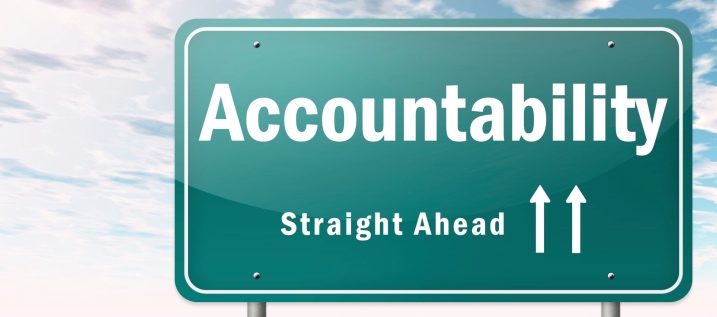
The Process Manager Role
In an organization, the process manager is the person who monitors a particular organizational process. Let’s look at the expense account payment process I was talking about, as a simplistic example. Managers file their expenses with someone in the organization, another individual processes those expenses, another person approves them, and yet another person issues the cheques. Usually, one person is named as the process manager to monitor this process and ensure that it’s working smoothly. The process manager may also help trouble shoot issues, coach and train, or recommend improvements.
Why The Process Managers Can’t Be Accountable For The Process
Processes often span multiple departments within an organization. All too often, organizations make the process manager accountable for the process. As long as everything is going smoothly this is fine, but when there is a conflict, it becomes problematic because the process manager is usually too low in the organization to have the authority to make decisions and direct a specific resolution to everyone involved. They don’t have the authority to resolve conflicts.
The individual who should be accountable for the process is usually much higher in the organization than most people think. In fact, if the process spans the entire organization, the CEO is the only person with the authority to decide and direct everyone involved in the process. Even in our expense account example, if the process involves multiple departments, it’s also the CEO who must be accountable. Critically important decisions about how work flows laterally across an organization must be made by the CEO. This is not to say that the CEO needs to be designing or monitoring the process, but rather that they need to be the decision maker, and set the context for how the process will operate, especially when it comes to resolving issues or conflicts.
It’s important for process managers to have accountability for training, support, and monitoring. Unfortunately, problems occur when the process manager is made accountable for the process as a whole, because they don’t have the authority to make decisions for everyone involved. When choosing who to make accountable for a process, it’s essential that organizations identify the person with the authority to decide and direct for everyone involved in the process.






